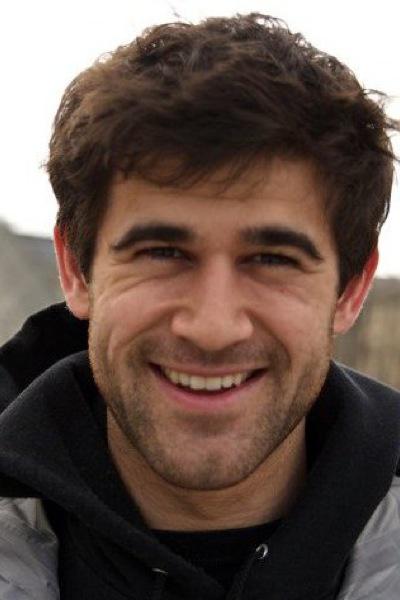2010
2011

Edward Church provides us with poems of thoughtful wandering. He meanders through history in order to confront, with measure and consideration, the aimlessness, confusion, torment, and passion that pervade the contemporary moment. Interpretive potential proliferates in the intersection of image, allusion, and silence. The works selected for this showcase address the social and cultural condition of contemporary American society, but they also struggle against the relativity of language and experience as they aspire to touch the shadows of the essential, the trans-historical, and the true.
At times, perhaps, Church cannot say exactly what he means. Yet it is in this imprecision that one finds the vitality of his project. Church rejects the intellectual indolence that dominates much of contemporary poetics. His poems are dynamic, and to some extent, metaphysical. These pieces do not lose their meaning in the “junkie” pursuit of expressive novelty. Instead, they wander through myriad levels of meaning—socio-political commentary, historical retrospection, literary allusion, and metaphysical aspiration—without luxuriating in non-sequiturs or irrelevance.
In his own words:
“As an author I hesitate to make any serious commentary on my work. I believe that we who write do so because those that are close to us turn a deaf ear to the ravings and rants of a writer--rightfully so, as we often observe people and situations that require the most important characteristic of a poet: distance. My writing is, however, what I consider to be representative of my experience of American life. There is something of America that has not been fully grasped by the literary world of American writers. I believe that what is yet to be understood of our generation is the perception of "the Road." Men and women have written of the Road before: McCarthy (recently) and Kerouac—even Whitman and Eliot dabbled in it. So I would say that my poetry is a place of dreams and nightmares, tied inextricably to a classical past, but bound to an inevitable future that one dares to face in the only way that we know: in a haze of passionate consumption.”
Thank you for visiting this Author Showcase. We hope you enjoy.
